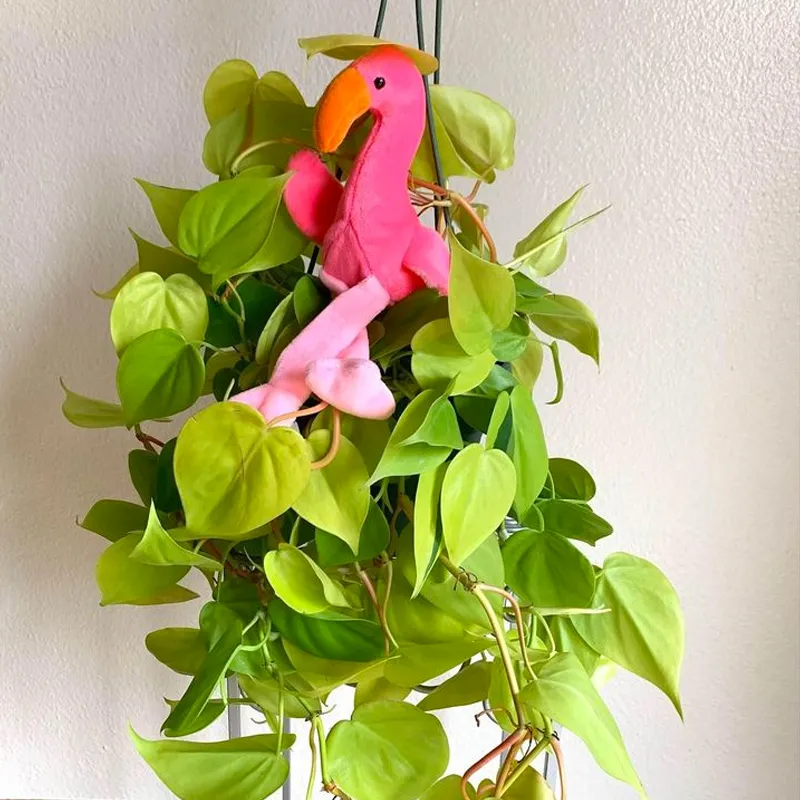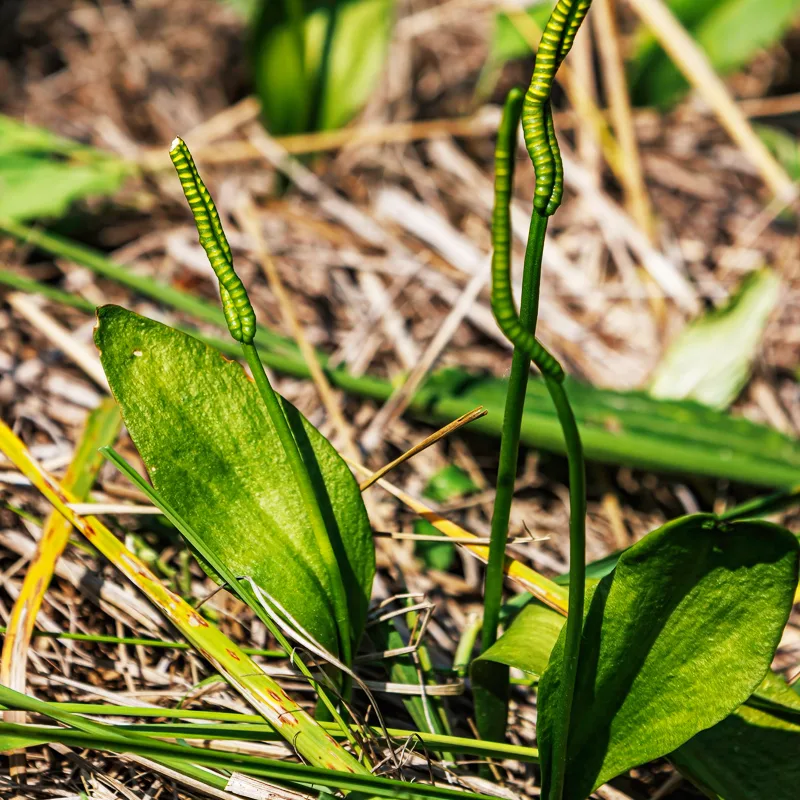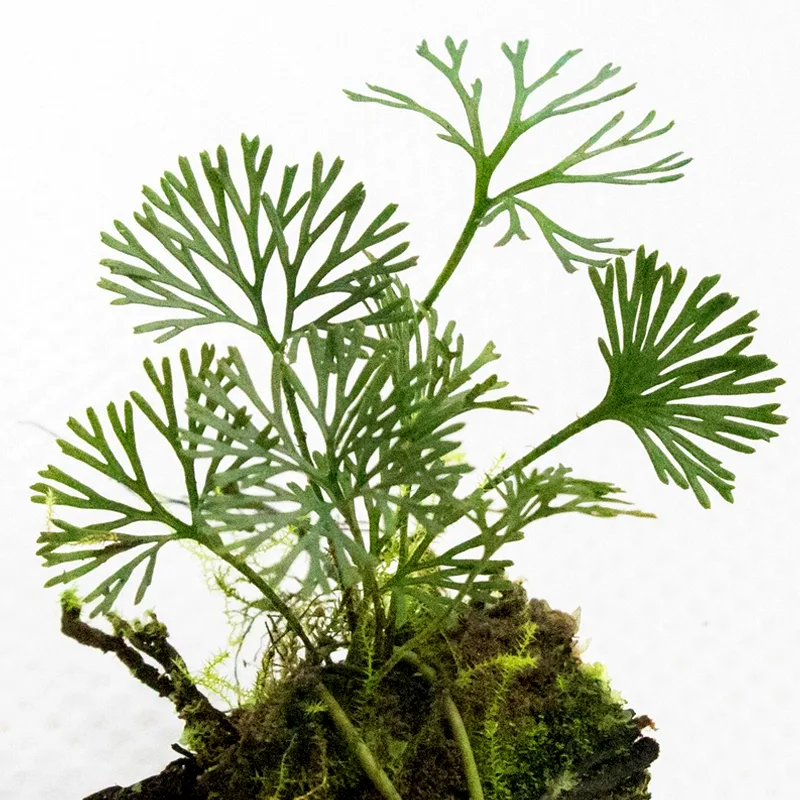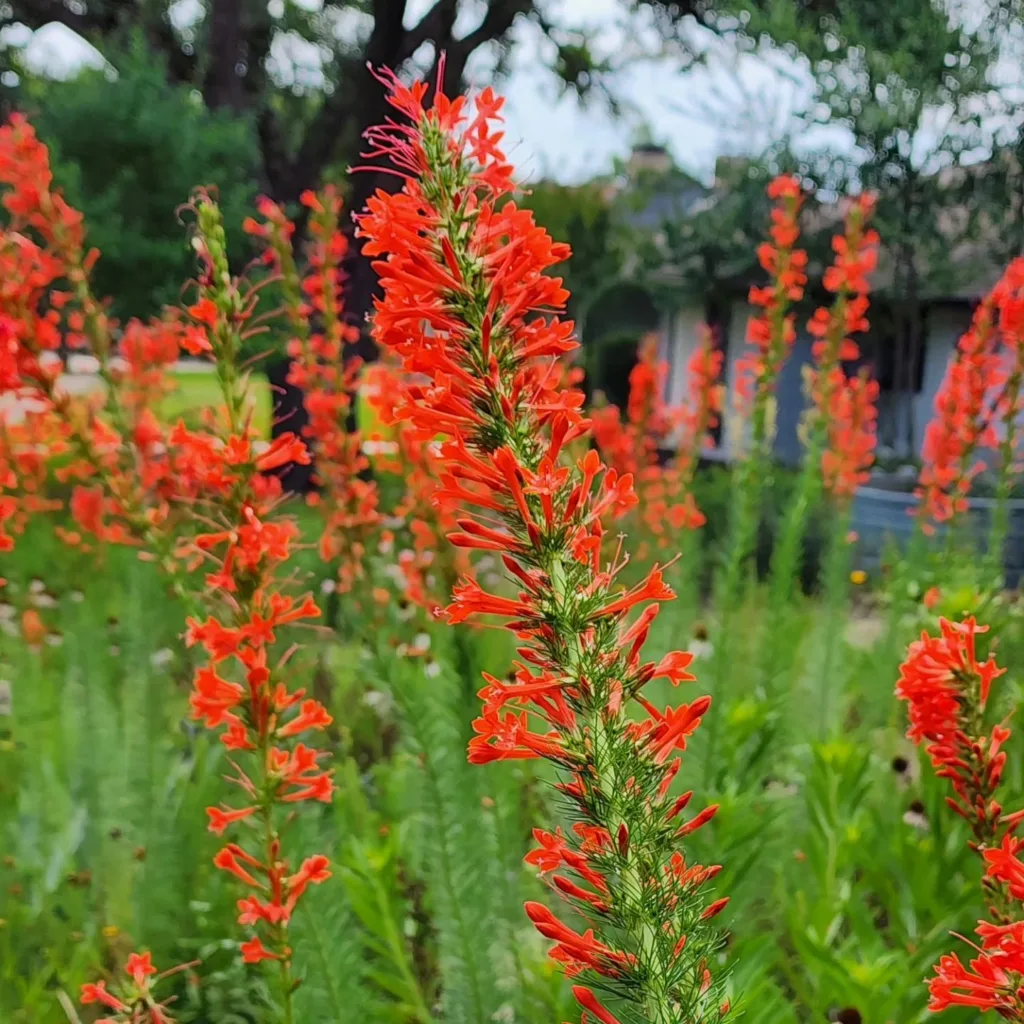My Fascination with the Brassicaceae Family
The Brassicaceae family, also known as the mustard family or the Cruciferae family, has always held a special place in my heart. This diverse and widespread group of plants boasts a fascinating array of characteristics, from their distinctive four-petaled flowers to their unique pungent flavors. As a plant enthusiast, I’ve always been drawn to the Brassicaceae family for its remarkable combination of beauty, utility, and evolutionary ingenuity.
Key Characteristics of Brassicaceae Plants
One of the most striking features of Brassicaceae plants is their four-petaled flowers, which are often arranged in a cross-like pattern. This characteristic arrangement is the reason behind the family’s former name, Cruciferae, which means “cross-bearing.” The flowers come in a variety of colors, including white, yellow, pink, and purple, adding a touch of vibrancy to any landscape.
Another hallmark of Brassicaceae plants is their production of glucosinolates, sulfur-containing compounds responsible for the family’s distinctive pungent flavors and aromas. These compounds play a vital role in the plant’s defense against herbivores and pathogens, making them a fascinating example of chemical warfare in the natural world.
The Brassicaceae family is also known for its diverse range of fruit types, which include siliques, silicles, and capsules. These fruits vary in shape and size, from long and slender siliques to short and rounded silicles. This diversity in fruit morphology is a testament to the family’s remarkable adaptability and evolutionary success.
A Rich Tapestry of Genera
The Brassicaceae family encompasses a vast array of genera, each with its unique characteristics and ecological roles.
- Brassica: This genus includes some of the most economically important crops in the world, such as cabbage, broccoli, cauliflower, kale, and Brussels sprouts. These vegetables are not only delicious but also packed with nutrients, making them a staple in many cuisines. – 42 Species in Genus Brassica
- Raphanus: This genus is home to the radish, a root vegetable known for its crisp texture and peppery flavor. Radishes come in a variety of colors, including red, white, and black, adding a splash of color to salads and other dishes.
- Sinapis: This genus includes mustard plants, which are cultivated for their seeds used to make mustard condiments. Mustard seeds come in a variety of flavors, from mild yellow mustard to spicy brown mustard, adding a zesty kick to sandwiches and other dishes. – 3 Species in Genus Sinapis
- Arabidopsis: This genus includes the model organism Arabidopsis thaliana, which has played a crucial role in plant biology research. Its small genome size, rapid life cycle, and ease of cultivation make it an ideal subject for studying various aspects of plant development and physiology. – 12 Species in Genus Arabidopsis
- Capsella: This genus includes the shepherd’s purse, a common weed found in disturbed habitats. Despite its weedy nature, the shepherd’s purse has a long history of medicinal use, with its leaves and seeds used to treat various ailments. – 8 Species in Genus Capsella
- Abdra Greene
- Acirostrum Y.Z.Zhao
- Acuston Raf.
- Aethionema W.T.Aiton
- Aimara Salariato & Al-Shehbaz
- Alliaria Heist. ex Fabr.
- Alshehbazia Salariato & Zuloaga
- Altriarabis Y.Z.Zhao
- Alyssoides Mill.
- Alyssopsis Boiss.
- Alyssum L. – 115 Species in Genus Alyssum
- Ammosperma Hook.f.
- Anastatica L.
- Ancashia Al-Shehbaz, Salariato, A.Cano & Zuloaga
- Andrzeiowskia Rchb.
- Anelsonia J.F.Macbr. & Payson
- Anzhengxia Al-Shehbaz & D.A.German
- Aphragmus Andrz. ex DC.
- Aplanodes Marais
- Arabidella (F.Muell.) O.E.Schulz
- Arabis L. – 103 Species in Genus Arabis
- Arcyosperma O.E.Schulz
- Armoracia G.Gaertn., B.Mey. & Scherb. – 3 Species in Genus Armoracia
- Aschersoniodoxa Gilg & Muschl.
- Asperuginoides Rauschert
- Asta Klotzsch ex O.E.Schulz
- Atacama Toro-Núñez, Mort & Al-Shehbaz
- Atelanthera Hook.f. & Thomson
- Athysanus Greene
- Aubrieta Adans. – 24 Species in Genus Aubrieta
- Aurinia (L.) Desv. – 7 Species in Genus Aurinia
- Baimashania Al-Shehbaz
- Ballantinia Hook.f. ex Airy Shaw
- Barbamine A.P.Khokhr.
- Barbarea W.T.Aiton
- Bengt-jonsellia Al-Shehbaz
- Berteroa DC.
- Bifurcipilus Y.Z.Zhao
- Biscutella L.
- Bivonaea DC.
- Blennodia R.Br.
- Boechera Á.Löve & D.Löve
- Borealandea Al-Shehbaz, Salariato, A.Cano & Zuloaga
- Bornmuellera Hausskn.
- Borodinia Busch
- Botschantzevia Nabiev
- Brachypus Ledeb.
- Braya Sternb. & Hoppe
- Bunias L.
- Cakile Mill.
- Calepina Adans.
- Calymmatium O.E.Schulz
- Camelina Crantz – 8 Species in Genus Camelina
- Cardamine L. – 277 Species in Genus Cardamine
- Carinavalva Ising
- Carrichtera DC.
- Catenulina Soják
- Catolobus (C.A.Mey.) Al-Shehbaz
- Ceratocnemum Coss. & Balansa
- Chamira Thunb.
- Chartoloma Bunge
- Chaunanthus O.E.Schulz
- Chilocardamum O.E.Schulz
- Chlorocrambe Rydb.
- Chorispora R.Br. ex DC.
- Christolea Cambess.
- Chrysochamela (Fenzl) Boiss.
- Cithareloma Bunge
- Clastopus Bunge ex Boiss.
- Clausia Korn.-Trotzky
- Clypeola L.
- Cochlearia L.
- Coincya Rouy
- Conringia Heist. ex Fabr.
- Cordylocarpus Desf.
- Crambe L.
- Crambella Maire
- Cremolobus DC.
- Crucihimalaya Al-Shehbaz, O’Kane & R.A.Price
- Cryptospora Kar. & Kir.
- Cuprella Salmerón-Sánchez, Mota & Fuertes
- Cusickiella Rollins
- Cymatocarpus O.E.Schulz
- Dactylocardamum Al-Shehbaz
- Degenia Hayek
- Delpinophytum Speg.
- Descurainia Webb & Berthel.
- Diceratella Boiss.
- Dichasianthus Ovcz. & Yunusov
- Dictyophragmus O.E.Schulz
- Didesmus Desv.
- Didymophysa Boiss.
- Dielsiocharis O.E.Schulz
- Dilophia Thomson
- Dimorphocarpa Rollins
- Diplotaxis DC.
- Dipoma Franch.
- Diptychocarpus Trautv.
- Dithyrea Harv.
- Dontostemon Andrz. ex C.A.Mey.
- Douepea Cambess.
- Draba Dill. ex L. – 468 Species in Genus Draba
- Drabastrum (F.Muell.) O.E.Schulz
- Drabella (DC.) Fourr.
- Dryopetalon A.Gray
- Dvorakia D.A.German
- Eigia Soják
- Enarthrocarpus Labill.
- Englerocharis Muschl.
- Eremobium Boiss.
- Eremoblastus Botch.
- Eremophyton Bég.
- Eruca Mill.
- Erucaria Gaertn.
- Erucastrum (DC.) C.Presl
- Erysimum Tourn. ex L. – 272 Species in Genus Erysimum
- Euclidium W.T.Aiton
- Eudema Bonpl.
- Eutrema R.Br.
- Exhalimolobos Al-Shehbaz & C.D.Bailey
- Farsetia Turra
- Fezia Pit. ex Batt.
- Fibigia Medik.
- Foleyola Maire
- Fortuynia Shuttlew. ex Boiss.
- Fourraea Greuter & Burdet
- Galitzkya V.V.Botschantz.
- Geococcus J.Drumm. ex Harv.
- Glastaria Boiss.
- Goerkemia Yıld.
- Goldbachia DC.
- Gongylis Theophr. ex Molinari & Sánchez Och.
- Graellsia Boiss.
- Guiraoa Coss.
- Gynophorea Gilli
- Halimolobos Tausch
- Harmsiodoxa O.E.Schulz
- Hedinia Ostenf.
- Heldreichia Boiss.
- Heliophila Burm.f. ex L.
- Hemicrambe Webb
- Hemilophia Franch.
- Henophyton Coss. & Durieu
- Hesperidanthus Rydb.
- Hesperis L. – 53 Species in Genus Hesperis
- Hirschfeldia Münchh.
- Hollermayera O.E.Schulz
- Hormathophylla Cullen & T.R.Dudley
- Hornungia Rchb.
- Horwoodia Turrill
- Hurkaea Al-Shehbaz, M.Koch, R.Karl & D.A.German
- Ianhedgea Al-Shehbaz & O’Kane
- Iberis Dill. ex L. – 32 Species in Genus Iberis – Candytuft
- Idahoa A.Nelson & J.F.Macbr.
- Iljinskaea Al-Shehbaz, Özüdoğru & D.A.German
- Iodanthus Torr. & A.Gray
- Ionopsidium Rchb.
- Irania Hadač & Chrtek
- Irenepharsus Hewson
- Isatis Tourn. ex L.
- Iskandera N.Busch
- Ivania O.E.Schulz
- Kernera Medik.
- Kremeriella Maire
- Lachnocapsa Balf.f.
- Lachnoloma Bunge
- Ladakiella D.A.German & Al-Shehbaz
- Leavenworthia Torr.
- Leiospora (C.A.Mey.) F.Dvořák
- Lemphoria O.E.Schulz
- Lepidium L. – 264 Species in Genus Lepidium
- Lepidostemon Hook.f. & Thomson
- Lepidotrichum Velen. & Bornm.
- Leptaleum DC.
- Litwinowia Woronow
- Lobularia Desv. – 4 Species in Genus Lobularia
- Lonchophora Durieu
- Lunaria Tourn. ex L. – 3 Species in Genus Lunaria
- Lutzia Gand.
- Lycocarpus O.E.Schulz
- Lyrocarpa Hook. & Harv.
- Lysakia Esmailbegi & Al-Shehbaz
- Machaerophorus Schltdl.
- Macropodium W.T.Aiton
- Malcolmia W.T.Aiton
- Mancoa Wedd.
- Marcus-kochia Al-Shehbaz
- Maresia Pomel
- Mathewsia Hook. & Arn.
- Matthiola W.T.Aiton – 56 Species in Genus Matthiola
- Megacarpaea DC.
- Megadenia Maxim.
- Meniocus Desv.
- Menkea Lehm.
- Menonvillea DC.
- Metashangrilaia Al-Shehbaz & D.A.German
- Microlepidium F.Muell.
- Microstigma Trautv.
- Morettia DC.
- Moricandia DC.
- Moriera Boiss.
- Morisia J.Gay
- Mostacillastrum O.E.Schulz
- Mummenhoffia Esmailbegi & Al-Shehbaz
- Murbeckiella Rothm.
- Muricaria Desv.
- Mutarda Bernh.
- Myagrum L.
- Nasturtiopsis Boiss.
- Nasturtium W.T.Aiton
- Neotorularia Hedge & J.Léonard
- Nerisyrenia Greene
- Neslia Desv.
- Neuontobotrys O.E.Schulz
- Nevada N.H.Holmgren
- Noccaea Moench
- Noccaeopsis F.K.Mey.
- Noccidium F.K.Mey.
- Notoceras W.T.Aiton
- Notothlaspi Hook.f.
- Ochthodium DC.
- Octoceras Bunge
- Odontarrhena C.A.Mey.
- Olimarabidopsis Al-Shehbaz, O’Kane & R.A.Price
- Onuris Phil.
- Oreoloma Botsch.
- Oreophyton O.E.Schulz
- Ornithocarpa Rose
- Orychophragmus Bunge
- Otocarpus Durieu
- Pachycladon Hook.f.
- Pachymitus O.E.Schulz
- Pachyneurum Bunge
- Pachyphragma Rchb.
- Parlatoria Boiss.
- Parodiodoxa O.E.Schulz
- Parolinia Webb
- Parrya R.Br.
- Paysonia O’Kane & Al-Shehbaz
- Peltaria Jacq.
- Peltariopsis (Boiss.) N.Busch
- Pennellia Nieuwl.
- Petiniotia J.Léonard
- Petrocallis W.T.Aiton
- Petroravenia Al-Shehbaz
- Phlebolobium O.E.Schulz
- Phlegmatospermum O.E.Schulz
- Phoenicaulis Nutt.
- Phravenia Al-Shehbaz & Warwick
- Phyllolepidum Trinajstić
- Physaria A.Gray
- Physoptychis Boiss.
- Physorhynchus Hook.
- Plagioloba (C.A.Mey.) Rchb.
- Planodes Greene
- Polyctenium Greene
- Polypsecadium O.E.Schulz
- Pringlea Anderson ex Hook.f.
- Pseuderucaria O.E.Schulz
- Pseudoarabidopsis Al-Shehbaz, O’Kane & R.A.Price
- Pseudocamelina (Boiss.) N.Busch
- Pseudodraba Al-Shehbaz, D.A.German & M.Koch
- Pseudoturritis Al-Shehbaz
- Pseudovesicaria (Boiss.) Rupr.
- Psychine Desf.
- Pterygostemon V.V.Botschantz.
- Ptilotrichum C.A.Mey.
- Pugionium Gaertn.
- Pulvinatusia J.P.Yue, H.L.Chen, Al-Shehbaz & H.Sun
- Pycnoplinthopsis Jafri
- Pycnoplinthus O.E.Schulz
- Quezeliantha H.Scholz
- Quidproquo Greuter & Burdet
- Raffenaldia Godr.
- Raphanorhyncha Rollins
- × Rapistrosymbrium P.Fourn. ex Madiot
- Rapistrum Crantz
- Resetnikia Španiel, Al-Shehbaz, D.A.German & Marhold
- Rhammatophyllum O.E.Schulz
- Rhizobotrya Tausch
- Ricotia L.
- Robeschia Hochst. ex O.E.Schulz
- Romanschulzia O.E.Schulz
- Rorippa Scop.
- Rudolf-kamelinia Al-Shehbaz & D.A.German
- Rytidocarpus Coss.
- Sandbergia Greene
- Sarcodraba Gilg & Muschl.
- Savignya DC.
- Scambopus O.E.Schulz
- Scapiarabis M.Koch, R.Karl, D.A.German & Al-Shehbaz
- Schimpera Steud. & Hochst. ex Endl.
- Schizopetalon Sims
- Schouwia DC.
- Schrenkiella D.A.German & Al-Shehbaz
- Scoliaxon Payson
- Selenia Nutt.
- Shangrilaia Al-Shehbaz, J.P.Yue & H.Sun
- Shehbazia D.A.German
- Sibara Greene
- Sinalliaria X.F.Jin, Y.Y.Zhou & H.W.Zhang
- Sinapidendron Lowe
- Sinoarabis R.Karl, D.A.German, M.Koch & Al-Shehbaz
- Sisymbrella Spach
- Sisymbriopsis Botsch. & Tzvelev
- Sisymbrium L.
- Smelowskia C.A.Mey.
- Sobolewskia M.Bieb.
- Solms-laubachia Muschl.
- Sphaerocardamum S.Schauer
- Spryginia Popov
- Stanleya Nutt.
- Stenodraba O.E.Schulz
- Stenodrabopsis Al-Shehbaz, Salariato, A.Cano & Zuloaga
- Stenopetalum R.Br. ex DC.
- Sterigmostemum M.Bieb.
- Stevenia Adams & Fisch.
- Streptanthella Rydb.
- Streptanthus Nutt.
- Streptoloma Bunge
- Strigosella Boiss.
- Subularia L.
- Succowia Medik.
- Synstemon Botsch.
- Synthlipsis A.Gray
- Takhtajaniella V.E.Avet.
- Teesdalia W.T.Aiton
- Terraria T.J.Hildebr. & Al-Shehbaz
- Tetracme Bunge
- Thelypodiopsis Rydb.
- Thelypodium Endl.
- Thlaspi L.
- Thysanocarpus Hook.
- Tomostima Raf.
- Trichotolinum O.E.Schulz
- Tropidocarpum Hook.
- Turritis Tourn. ex L.
- Vella L.
- Veselskya Opiz
- Warea Nutt.
- Weberbauera Gilg & Muschl.
- Xerodraba Skottsb.
- Yinshania Ma & Y.Z.Zhao
- Yosemitea P.J.Alexander & Windham
- Yunkia Salariato & Al-Shehbaz
- Zahora Lemmel & M.Koch
- Zilla Forssk.
- Zuloagocardamum Salariato & Al-Shehbaz
- Zuvanda (Dvořák) Askerova
The Brassicaceae Family: A Source of Wonder
The Brassicaceae family is a treasure trove of biodiversity, offering a wealth of opportunities for exploration and discovery. From the vibrant colors of their flowers to the pungent flavors of their leaves and seeds, these plants never cease to amaze me. As I continue to delve deeper into the world of Brassicaceae, I am constantly reminded of the intricate beauty and complexity of the natural world.
Whether you’re a seasoned botanist or a casual observer, the Brassicaceae family is sure to captivate your senses and ignite your curiosity. So next time you encounter a mustard plant, take a moment to appreciate its unique characteristics and the vital role it plays in the grand tapestry of life.
If i die, water my plants!



